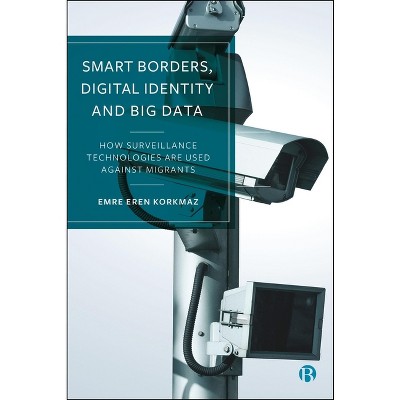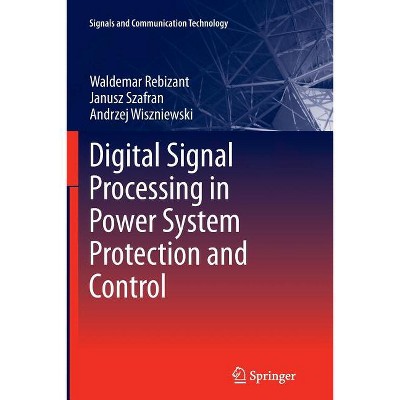About this item
Highlights
- About the Author: Fatoş Tunay Yarman Vural is a Professor in the Department of Computer Engineering at Middle East Technical University, Turkey.
- 448 Pages
- Computers + Internet, Image Processing
Description
About the Book
"This book caters for a complete course in systems and signals, aimed at a computer and electrical engineering audience. Supported with engaging interactive content and a rich plethora of examples and code, it allows readers to run Python programs for convolution, discrete time Fourier transforms and series, sampling, and interpolation for a wide range of functions. Comprised of 14 chapters, the book discusses Fourier analysis and its history, presenting properties of Fourier series and trigonometric Fourier series. With the addition of basic building blocks of signals and systems, the book displays the functions of signals and feedback control systems, such as series, parallel, hybrid, and properties of systems. The authors explain concepts behind the classic formulations and interpret their historical progresses, using the following as examples: the origin and meaning of Euler number, the rationale behind the complex numbers, the impact of complex exponentials as a building block of many complicated functions, the meaning of convolution operation, and the concept of harmony. Students will be guided through basic differential equations, basic linear algebra, and calculus to ensure full appreciation of the exercises."--From the Back Cover
Introductory course textbook on signals and systems with numerous examples and code snippets implemented in Python
Supported by code examples, Signals and Systems: Theory and Practical Explorations with Python is a textbook resource for a complete introductory course in systems and signals, enabling readers to run Python programs for convolution, discrete time Fourier transforms and series, sampling, and interpolation for a wide range of functions. Readers are guided step-by-step through basic differential equations, basic linear algebra, and calculus to ensure full comprehension of the exercises.
This book is supported by a companion website, hosting interactive material to draw functions, and run programs in Python; it is enriched with audiovisual material via linking to related videos. Links to resources that provide a deeper explanation about the important concepts in the book, such as the systems approach, complex numbers, harmony, the Euler equation, and Hilbert spaces, are also included.
Written by two highly qualified academics, topics covered include:
- Systems approach for modeling the natural and manmade systems and some application areas
- Representation of complex and real signals by basic functions, such as real and complex exponentials, unit step and unit impulse functions
- Properties of signals, such as symmetry, harmony, energy, power, continuity and discreteness
- Convolution and correlation operations for continuous time and discrete time signals and systems
- Representation of systems by impulse response, frequency response, transfer function, block diagram, differential and difference equations
- Properties of systems, such as linearity, time invariance, memory, invertibility, stability and causality
- Continuous time and discrete time Fourier analysis in Hilbert space and their extension to Laplaca transform and z-transform
- Filtering by Linear Time Invariant systems in time and frequency domains, covering low pass, high pass band pass and band reject filters
- Sampling theorems for continuous time and discrete time systems, covering A/D and D/A conversion, sampling and interpolation
Signals and Systems is an ideal textbook resource for a one semester introductory course on signals and systems for upper level undergraduate and graduate students in computer science, electrical engineering and data science. It is also a useful reference for professionals working in bioinformatics, robotics, remote sensing, and related fields.
About the Author
Fatoş Tunay Yarman Vural is a Professor in the Department of Computer Engineering at Middle East Technical University, Turkey. She is a Senior Member of the IEEE and received her PhD from Princeton University, USA, in 1981.
Emre Akbaş is an Associate Professor in the Department of Computer Engineering at Middle East Technical University, Turkey. Dr. Akbaş received his PhD from the University of Illinois at Urbana-Champaign, USA, in 2011.












